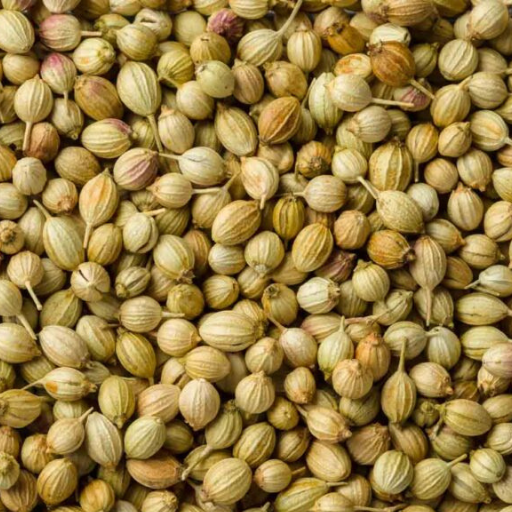What Have you heard About Coriander?
What are the health Benefits of Coriander?

Coriander is a source of vitamin C, calcium, magnesium, potassium and iron. It also contains chemicals that might lower blood pressure by causing blood vessels to dilate and work like a “water pill” (diuretic). It helps in burning fat accumulated all over the body. Coriander leaves has high content of antioxidants and helps in digestion. The leaves are rich in protein and vitamin K (which is good in the treatment of Alzheimer’s disease). It is also known as “Cilantro”.
Health Benefits Of Coriander
Coriander helps lower blood sugar level, it is rich in immune-boosting antioxidants, may protect brain health, may promote digestion and gut health, may fight infections, may protect your skin. It is easy to add to your diet. It can improve the quality of sperm, Regulates menstrual cycle, Treat skin inflammation, Promotes eye health, Improves bone health, Prevents bad breath, Treat hair loss, can boost heart health, Prevents from allergies, Treats smallpox, Cure for mouth ulcers, Cures diarrhoea, Protects from lungs and cavity cancer, Keeps anaemia at bay.
Brief History Of Coriander
Coriander, scientifically known as Coriandrum sativum, is an annual herb native to the Mediterranean region and south western Asia. Its origins can be traced back thousands of years to the regions encompassing present-day Greece and Turkey. Coriander, also known by its scientific name Coriandrum sativum, has a storied history in Southern Africa, where its use dates back centuries. It is believed that the plant was brought to the region through ancient trade routes, which included the movement of spices from Asia and the Middle East. The adaptability of coriander allowed it to thrive in the varied climates of Southern Africa, from the temperate zones to the subtropical areas.
The cultivation of coriander in Southern Africa is a testament to the region’s agricultural ingenuity. Farmers have long recognized the plant’s dual purpose, harvesting the leaves for immediate use while allowing some plants to bolt and produce seeds for later use or for the next planting season. The seeds, once dried, are a common sight in local markets, sold whole or ground into a fine powder.
In Southern Africa, coriander’s roots are as deep as they are widespread. It is not uncommon to find it growing in home gardens, where it is cherished for its fresh, piquant flavour. The herb has become so integral to local food ways that it is often mistaken as indigenous to the area. This common misconception underscores coriander’s seamless integration into the fabric of Southern African culinary traditions.
The plant’s journey through time and space has seen it become a cornerstone of Southern African gastronomy. Its resilience and ease of growth have made it accessible to a broad spectrum of society, ensuring that its flavours are not just reserved for the tables of the affluent but are enjoyed across all walks of life. Coriander’s story in Southern Africa is one of successful assimilation, a spice that travelled from distant lands to find a permanent and beloved place in the region’s diverse and vibrant food culture.
REFERENCES